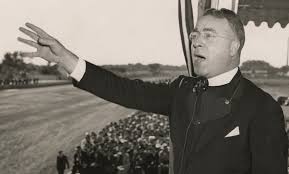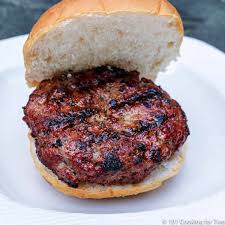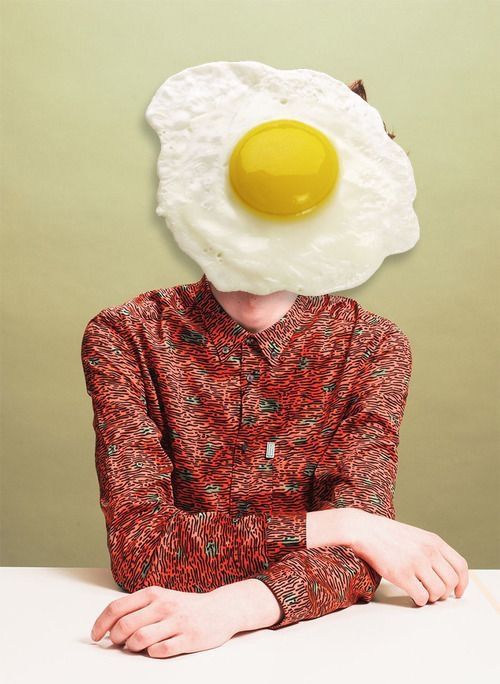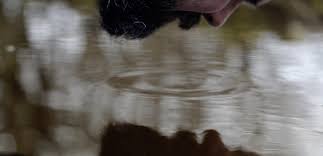An opinion piece of mine appeared in the Wall St. Journal. Its text is below:
I am a Zionist. I am not a Zionist.
Both statements are true, because the word, something of a war cry these days, has lost its meaning. Or, better, has multiple meanings. And it’s worth the while of anyone who cares about the Middle East, antisemitism or religion to tease out the details of the multiplicity.
As a haredi, or “ultra-Orthodox” (we dislike that pejorative), Jew, I do not subscribe to the foundational principle of the movement created by Theodor Herzl in the late nineteenth century that resulted in the establishment of the state of Israel.
Before Israel’s founding, in 1948, the religious leaders to whom most haredim like me looked for guidance opposed the establishment of a political state for Jews, even one self-defined as “Jewish.”
Theologically, they insisted, the return of Jews en masse to the Holy Land needed to await the arrival of the messiah predicted by the Jewish prophets of old (Herzl, an avowed secularist, didn’t quite fit the bill). And from a practical standpoint, they feared that a “Jewish state” would only serve to spur the hatred of Jews that forever lurks and seeks some excuse to express itself, often with violence.
So, as a Jew who believes that the Jewish religion, not any political state, is the essential expression of Judaism, I’m not a Zionist, at least not if one defines the word in its historical sense, as a believer in the Herzlian Zionist program.
At the same time, just as the religious leaders who did not back the creation of Israel in the end accepted the state once it became a fait accompli, and urged their followers in the Holy Land to participate in the country’s civil and political processes, I feel a connection with Israel and a deep concern for the welfare and safety of its citizens, many of whom are my friends or (closer or more distant) relatives.
So I am a Zionist, at least if one defines the word as a “accepter and supporter of Israel.”
There is, though, a third definition of Zionist, a new one, this one a slur, intended to refer to anyone who supports Israel’s current war against her enemies.
How Israel is waging that war is rightly open to criticism, but it is subject, too, to reasoned defense. When “Zionist!” is angrily shouted at those who seek to offer the latter, the word is used to portray defenders of Israel as moral monsters – for the slurred’s conviction that Hamas and other terrorist entities need to be destroyed, the Israeli government’s goal.
When that government’s goal is characterized, instead, as genocide, the accusers have gone from righterous protesters to ignorant haters. And when they vent their animus by intimidating random Jews or attacking them or their synagogues or institutions, they expose themselves as nothing short of old-fashioned antisemites hiding behind kaffiyehs.
It is unfortunate – no, tragic – that a terrible toll on civilians is so often taken in the prosecution of justifiable, even necessary, wars. And eradicating the engines of terrorism in Gaza necessitates attacking the places from which they operate (including, sadly, hospitals and mosques).
But, in the end, whatever one may think of Israel’s actions, if words are to have meanings, “Zionist” can only mean either a subscriber to Herzl’s vision or a rejector of the same who nevertheless supports the security of Israel’s citizens. When the word is twisted to mean murderers, the twisters reveal nothing about Israel, and much about themselves,
(c) 2025 WSJ









